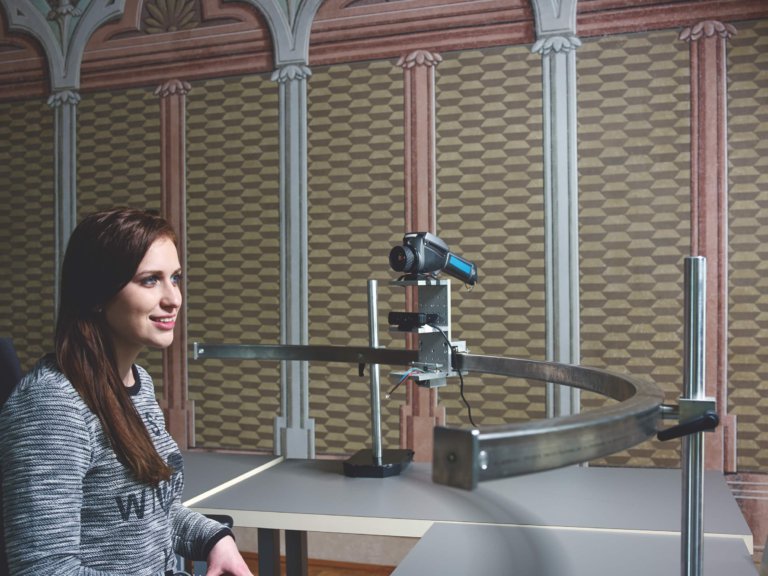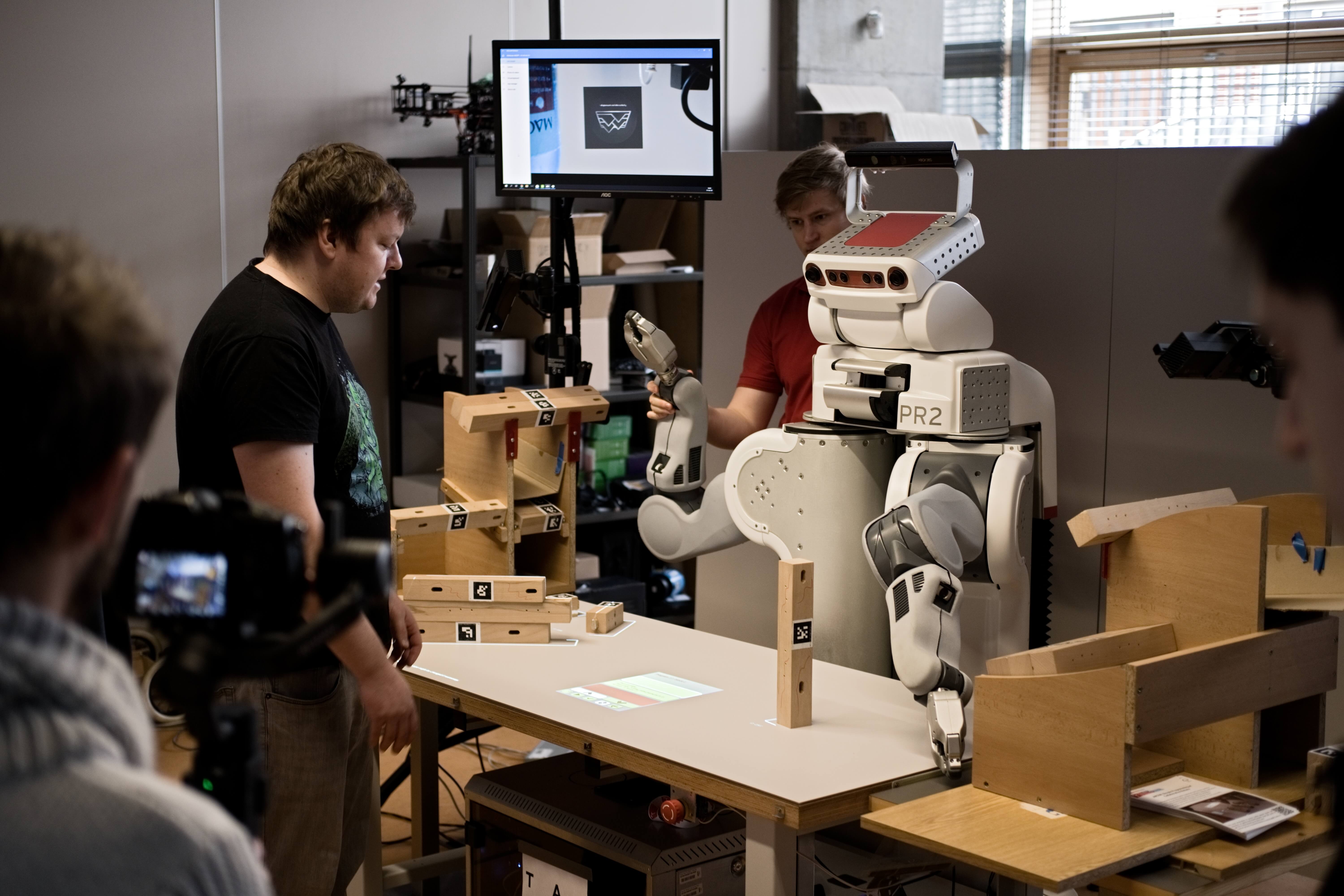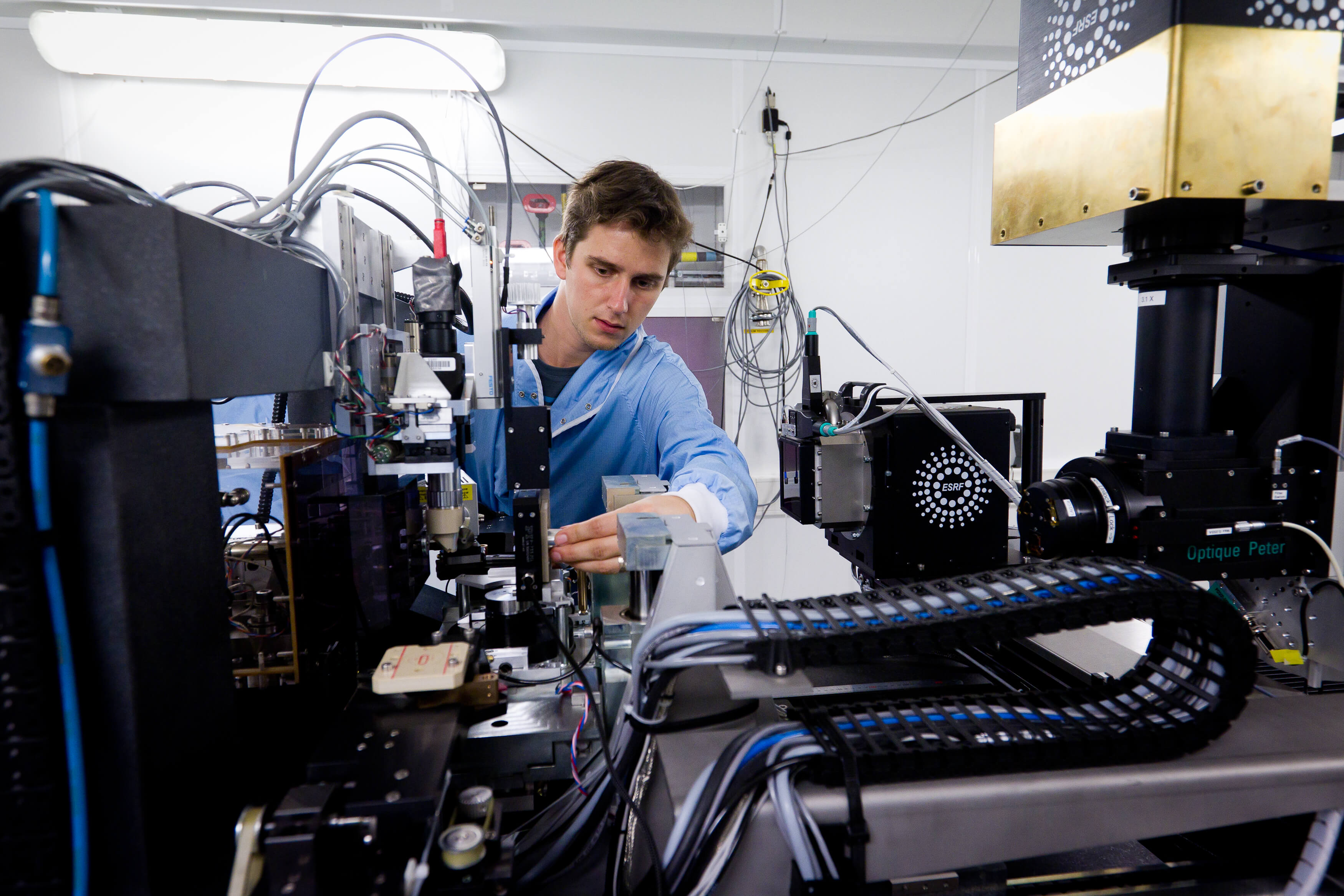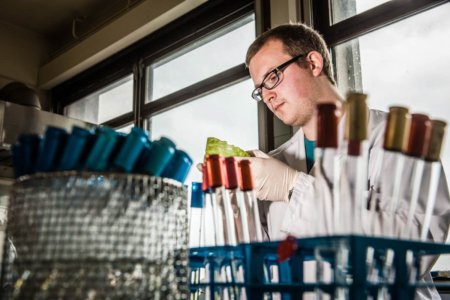
According to the US Bureau of Labour Statistics, “Employment of computer and information technology occupations is projected to grow 12% from 2018 to 2028, much faster than the average for all occupations. These occupations are projected to add about 546,200 new jobs.”
We are at the cusp of the Fourth Industrial Revolution, where the physical, digital and biological worlds are merging in unprecedented forms and scale. Yet, despite the number of STEM jobs flourishing, less than a third (29.3%) of those employed in scientific research and development across the world in 2016 are women.
Europe, however, bucks this trend. Eurostat found that in 2020, of almost 73 million persons employed in science and technology in the EU, aged from 15 to 74, nearly 37.5 million were women (51.3%) and 35.5 million men (48.7%).
If you plan to break glass ceilings and get to the forefront of the industry, these European universities offer programmes that will provide you with just the right knowledge, skills and experience.
Brno University of Technology: Faculty of Information Technology
Supercomputers, AR/VR labs, robotics, drones, and security labs. These are just some of the modern infrastructures you’ll work with as a student at Brno University of Technology’s Faculty of Information Technology. Step beyond campus and you’ll be in what’s known as the “Silicon Valley” of Central Europe, hosting a large concentration of IT companies in the region within a safe, historical city.

FIT offers education, science and entrepreneurship, all in one place. Source: Brno University of Technology
FIT draws top professionals for many more reasons beyond a dynamic campus and location. Its MSc in Computer Graphics and Multimedia, despite its name, covers areas that every IT professional must know, such as Mathematical Structures, Theoretical Computer Science, Advanced Databases, Computer Networks, and Speech Signal Processing.
Contemporary trends, such as the implementation of software in embedded devices like watches, self-driving vehicles and games, are explored in the following courses: Hardware/Software Codesign, Multimedia, Computer Graphics, UI/UX, Computer Vision, Modern Trends in Informatics. Students can also choose from a wide range of specialisations such as Robotics, Digital Forensics, High Performance Computing, Cyber-Physical Systems, Cybersecurity, Natural Language Processing, and so forth.
Whichever path you take, you will reap the distinctive FIT advantage of technical knowledge fused with practical skills and exposure to top research in many fields, including speech and video processing, cybersecurity, knowledge retrieval, blockchain, and data mining.
Upon graduation, students can opt for a doctoral degree in Computer Science and Engineering. The faculty has almost 40 industry partners and offers education, science and entrepreneurship, all at one place, through its startup programme, successful student projects, and incubation programme. All of this makes the leap from degree to career seamless. For more exposure and experience, check out its summer school opportunities and exchange programmes.
Umeå University: Faculty of Science and Technology
Umeå University’s Faculty of Science and Technology offers innovative programmes and course structures that allow students to connect with companies via internships to boost their employability. Several courses are interdisciplinary, teaching students how to develop skills needed to become capable, competent employees in their respective fields.

The Faculty of Science and Technology at Umeå University has approximately 3,300 full-time students and around 200 doctoral candidates. Source: Umea University
The Master’s in Computing Science is designed for students who want to achieve further understanding of the field and develop a scientific attitude characterised by logical reasoning and critical analysis. It provides knowledge in programming languages such as C, Java, and Python and, if necessary, students quickly become acquainted with further programming languages.
German student Johannes Blum took courses in algorithms and complexity, computer organisation, artificial intelligence and parallel computing. “Classes are smaller than in Germany, so it’s a bit more personal,” he explains. “You know your teacher and call them by their first name and your teacher knows you.”
His overall experience was positive. “Personally I think I have profited a lot. I could improve my English – and my Swedish, I have taken some Swedish classes,” he shares. “Also I really liked this international experience, it has been an important part of my personal development.”
The Master’s Programme in Artificial Intelligence prepares one for a career in research or as an AI specialist in industry or the public sector. It combines broad knowledge in AI and deepened learning in profile areas such as theoretical foundations of artificial intelligence, human-AI interaction, intelligent robotics, machine learning or data science.
University of Edinburgh: School of Informatics
The University of Edinburgh has launched successful careers in different fields of technology. Graduates comfortably secure roles such as software engineer, hardware engineer, app developer, web developer, programmer, and so forth. They can be found in companies such as Google, Facebook, Amazon, IBM, SkyScanner, Intel and Samsung, among many others.

The School of Informatics provides an environment for a wide range of studies focusing on understanding computation in both artificial and natural systems. Source: University of Edinburgh
Edinburgh’s School of Informatics offers postgraduate computer science studies where students are trained in niche areas of computer science, becoming experts and changemakers in the field. These degrees help students specialise in their area of interest while developing the technical and soft skills needed to succeed in the industry.
The school provides a fertile environment for a wide range of studies focusing on understanding computation in both artificial and natural systems. MSc programmes offered here include Advanced Technology for Financial Computing MSc, Artificial Intelligence MSc, Cognitive Science MSc, and Computer Science MSc, to name a few.
Computer Science MSc students forge specialist, advanced skills in the development, construction and management of advanced computer systems. The school’s expertise is recognised internationally, spanning the range from computer architecture through theoretical computer science.
You can also specialise in the design, analysis, implementation, and use of computer systems — these range from the components of a single processor to computer networks as vast as the Internet.
Students also earn practical experience and gain a thorough theoretical understanding of the field. The result? Boosting your employability to a wide range of employers or preparing you for further academic study.
Tampere University: Faculty of Information Technology and Communication Sciences
Tampere University’s Faculty of Information Technology and Communication Sciences is a multidisciplinary hub where researchers, professors and students tap the wide range of topics in information technology and how they influence industry, society and the scientific community.

The unit of Computing Sciences is a multidisciplinary hub for research, teaching and learning across a wide range of topics in information technology. Source: Tampere University
As a student in Tampere University’s Master’s Programme in Computing Sciences, you’ll have access to facilities like the AI Hub and the TAUCHI Research Centre as well as research groups, such as the Predictive Society and Data Analytics Lab.
There are seven study tracks to choose from — Data Science and Statistical Data Analytics lead to a Master of Science Degree. Machine Learning leads to a Master of Science in Technology degree. The remaining four tracks are Human-Technology Interaction — MSc or MSc Tech — and Software, Web and Cloud — MSc or MSc Tech.
Graduates will be proficient in scientific thinking and how to apply scientific working methods in their own area of specialisation in relevant tasks. They will also have sufficient communication and co-operation skills required for work, scientific activities and public social discussion concerning their field of expertise.
All of this prepares graduates for work and supplies the prerequisites for scientific doctoral (postgraduate) training. “Tampere offers the best of both worlds. It is small, yet there are plenty of options to explore, be it the lakes, bars, libraries, or nature,” shares Indian graduate Biju Thankachan.
“Tampere is less crowded (and being from India, I know what I am talking about). People are super nice and helpful. The same can be said about Finland in general.”
*Some of the institutions featured in this article are commercial partners of Study International









